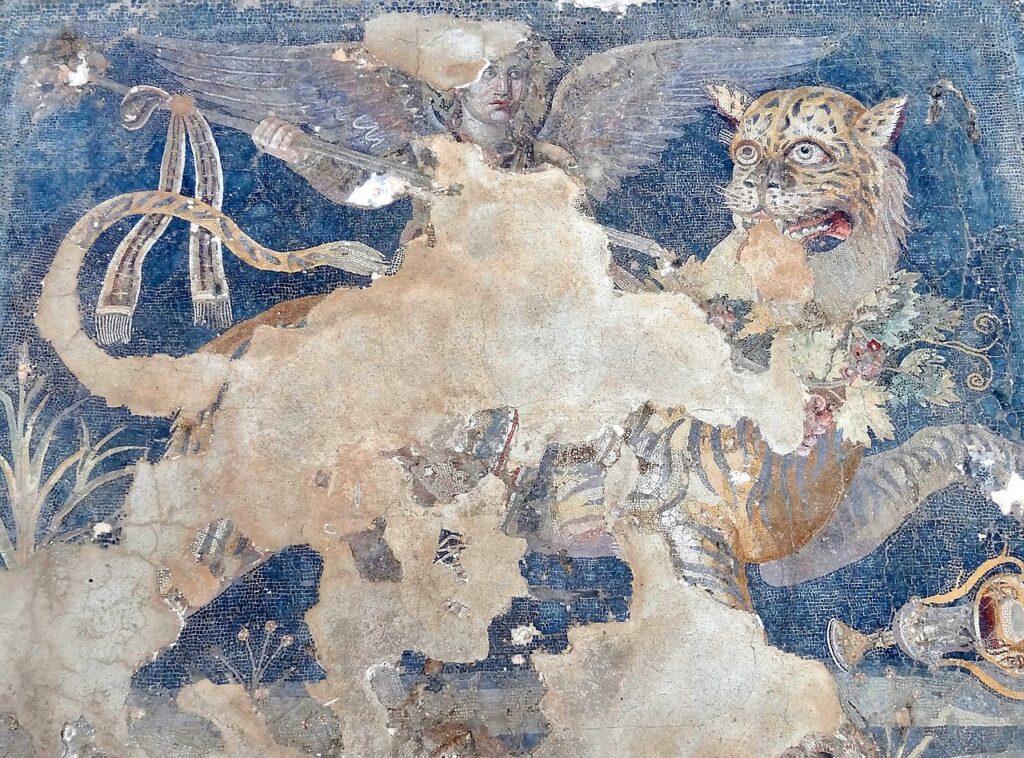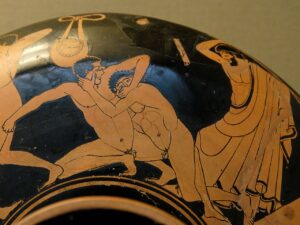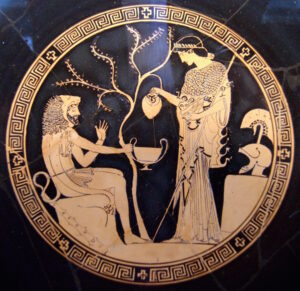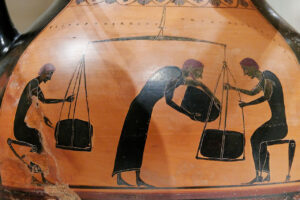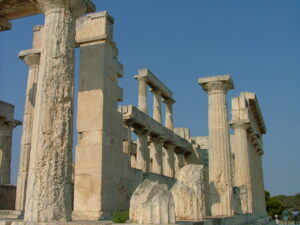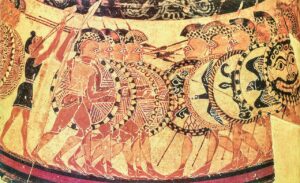Hellenistic Greece refers to the period of ancient Greek history from the death of Alexander the Great in 323 BCE to the conquest of Greece by the Roman Empire in 146 BCE. During this time, Greek culture and influence spread throughout the Mediterranean and the Middle East. In this article, we will explore the history of Hellenistic Greece, its political systems, cultural achievements, and economic developments. We will also examine its impact on the ancient world and its legacy that has endured to the present day.
Government of Hellenistic Greece
After the death of Alexander the Great, his vast empire was divided among his generals. The resulting kingdoms, known as the Hellenistic Kingdoms, included the Seleucid Empire in the east, the Ptolemaic Kingdom in Egypt, and the Antigonid Kingdom in Macedon and Greece. Furthermore, these kingdoms were often characterized by strong, centralized rule and a blend of Greek and non-Greek elements. Regardless, each of these states had its own unique political system, and they competed with one another for power and influence in the region.
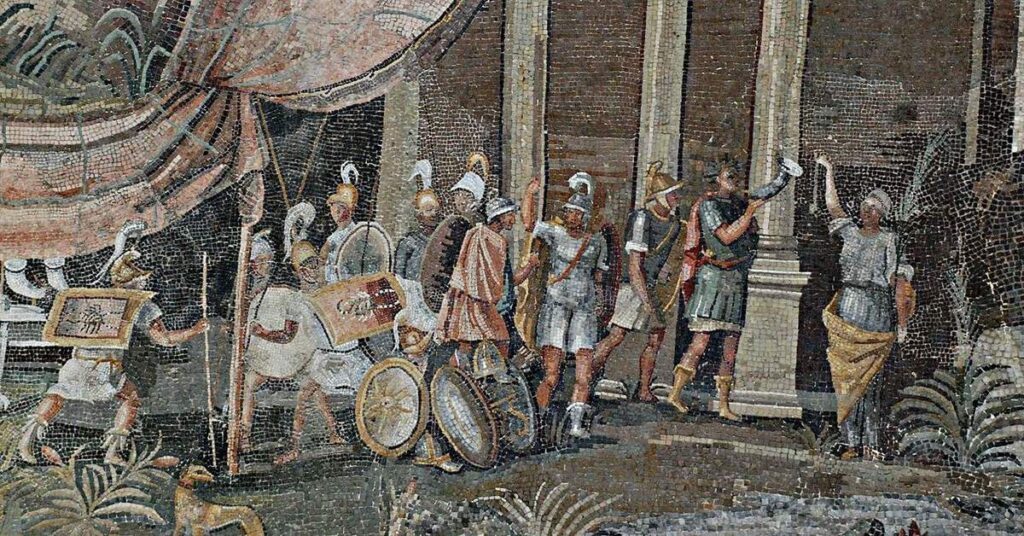
Culture of Hellenistic Greece
The Hellenistic kingdoms were heavily influenced by ancient Greek culture and many of the rulers adopted Greek customs and traditions. The Greek language and way of life spread throughout the Hellenistic world, and the study of Greek literature, philosophy, and science flourished.
A significant cultural achievement of Hellenistic Greece was the development of philosophy. The Hellenistic period in ancient Greece was marked by the spread of Greek culture and ideas throughout the Mediterranean world. This period saw the rise of new schools of philosophy, such as the Stoics and the Epicureans, which were concerned with ethics and the nature of the universe. Furthermore, this period saw the rise of some of the greatest philosophers in history, including Pyrrho of Elis, Epicurus, and Zeno of Citium. For instance, the philosopher Epicurus founded his school of philosophy, and the philosopher Zeno developed his ideas about Stoicism.
The mathematician Euclid wrote his famous work, The Elements, during this time, and the astronomer Hipparchus made important discoveries in mathematics and astronomy.
Finally, the arts flourished during the Hellenistic period, with many new styles and forms being developed. This was especially true in the areas of sculpture and architecture, with many new and innovative works being produced.
Spread of Greek Culture in Hellenistic Greece
One of the most significant developments of the Hellenistic period was the spread of Greek culture, language, and ideas throughout the Mediterranean and near-eastern world. This process, known as Hellenization, was facilitated by the conquests of Alexander the Great and his successors, who established new cities and colonies that served as centers of Greek culture and trade.
One of the most famous examples of Hellenistic culture is the city of Alexandria, founded by Alexander in Egypt. This city quickly became a major center of learning and culture, with a famous library and a thriving community of scholars and intellectuals. Other cities, such as Antioch and Pergamum, also became centers of Hellenistic culture, and their residents developed new forms of art, literature, and philosophy that combined elements of Greek and non-Greek traditions.
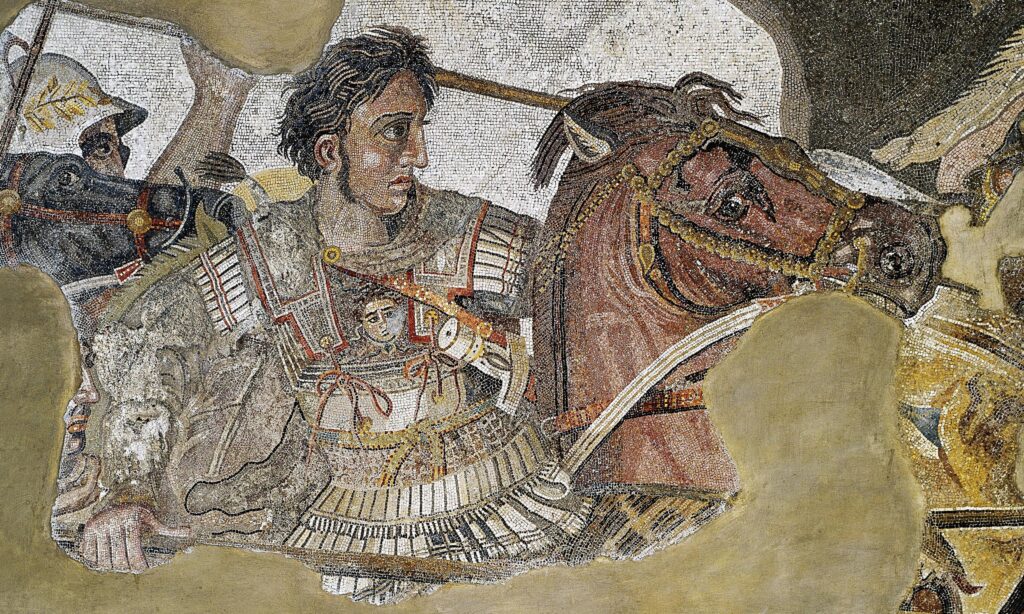
Economy of Hellenistic Greece
The Hellenistic period was a time of great economic growth, with many new trade routes being established and commerce flourishing. This was due in part to the expansion of the Greek empire and the development of new forms of currency.
One of the most important economic developments of Hellenistic Greece was the growth of trade, both within the Greek empire and with other regions. This led to a greater exchange of goods and ideas, and a more interconnected world.
Another significant economic development of Hellenistic Greece was the growth of banking and finance. This was especially true in the city of Alexandria, which became a major center of banking and finance in the ancient world.
Fall of Hellenistic Greece
Despite its cultural and intellectual achievements, the Hellenistic world faced numerous challenges and threats, including internal political instability, economic difficulties, and external military pressures. The most significant of these threats came from the Roman Republic, which gradually expanded its control over the Mediterranean world and eventually conquered Greece in 146 BC, bringing an end to the Hellenistic period.
Significance of Hellenistic Greece
The Hellenistic period had a profound impact on the ancient world, and its influence can still be seen today in many areas of the world. From the spread of Greek language and ideas to the development of new forms of art, literature, and philosophy, the Hellenistic period remains a fascinating and important chapter in the history of Greece.
Overall, Hellenistic Greece was a period of ancient Greek history from the death of Alexander the Great to the conquest of Greece by the Roman Empire. It was a time of great cultural and scientific achievements, and Greek culture and influence spread throughout the Mediterranean and the Middle East.

